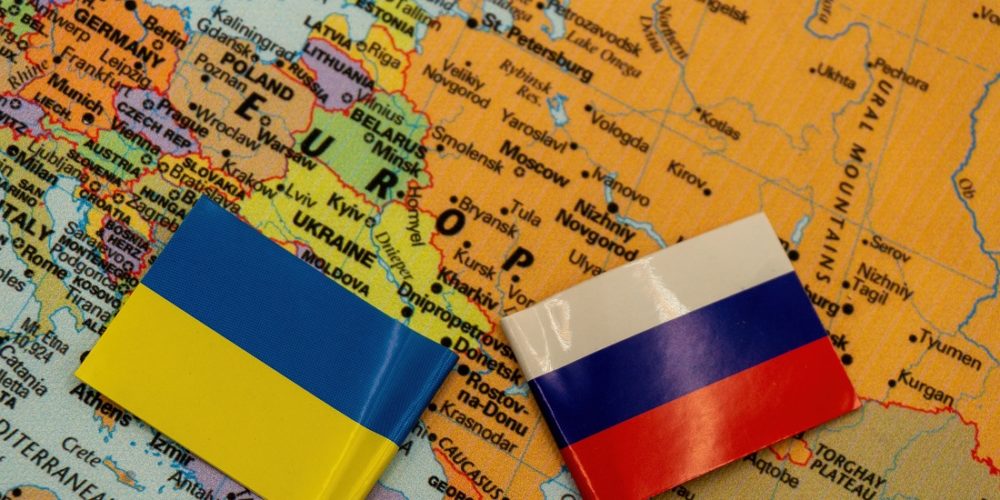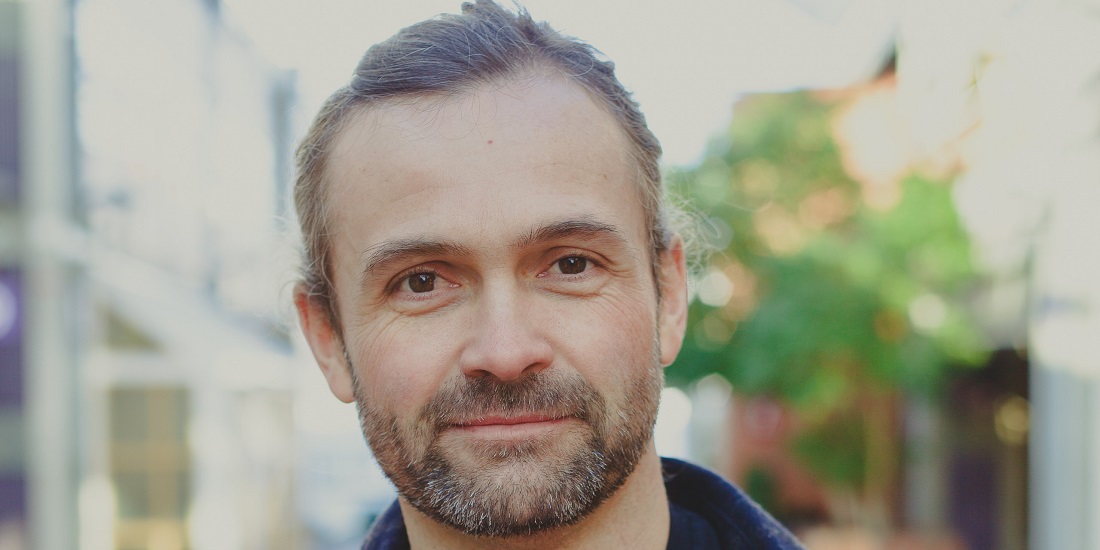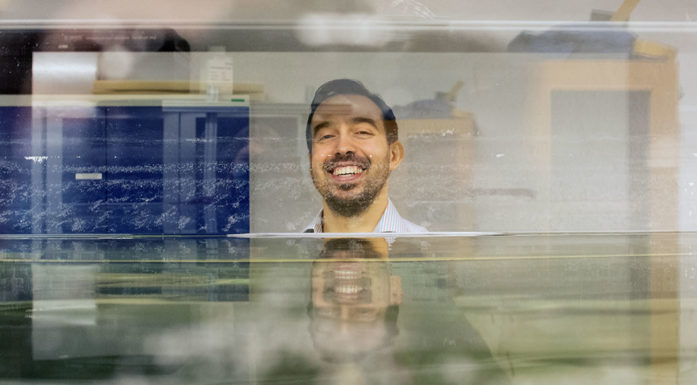EU awards €2 million to NTNU professor
Countries arise, change and disappear. An ERC Grant of €2 million will illustrate how old states affect conflicts and democracy today.
Around 200 sovereign states exist in the world today, but there were many more in the 18th and 19th centuries. Most have disappeared from the map, but we can still find traces of them in the form of culture, institutions, symbols and networks. How do these old states affect conflict and democracy today?
Professor Charles Butcher at NTNU’s Department of Sociology and Political Science has been awarded a prestigious personal ERC Consolidator Grant of two million euros to find out.
“We’re proposing a new method for assessing the significance that these historic states have for conflicts and democracy in the world today,” says Butcher.

Current conflicts can have old roots. We are seeing an example of this in Ukraine and Russia. Photo: Shutterstock, NTB
Old roots
Current conflicts can have old roots. We are seeing an example of this in Ukraine and Russia, where the parties strongly disagree on which lands belong to them, and to what extent they are different cultures or separate countries.
“We can use our method to obtain detailed data on states around the world in the period 1750 to 1920,” says Butcher.
The methods used today to assess the impacts of former states have strong limitations. The new approach takes into account that power in former states was often decentralized, so that areas that were officially controlled by others were able to more or less govern themselves.
“Our work can change the way researchers in the field look at and understand the international systems of the 18th and 19th centuries, and how their legacy has shaped the political contours that we see in the modern world today,” says Professor Butcher.
More about ERC grants
The European Research Council (ERC) was established by the EU in 2007 and is the leading European funding organization for outstanding research. Every year, ERC funds the very best creative researchers to run projects based in Europe.
- ERC scholarships are divided into Starting, Consolidator, Advanced and Synergy Grants.
- The ERC has funded over 9500 top researchers and over 50 000 postdoctoral fellows, PhD candidates and other staff who work on their research teams.
- ERC strives to attract top researchers from around the world to come to Europe.
- ERC is led by an independent governing body, the Swedish Research Council.
- ERC has been part of the EU Horizon 2020 programme and continues as part of the Horizon Europe framework programme.
All types awarded to NTNU
NTNU had 20 applicants for ERC Consolidator Grants in this round. Six of them reached the final cut. Two of these, Butcher’s grant and one at the NTNU University Museum, were awarded stipends while two more received top scores on the evaluation and are on the waiting list.
Projects at NTNU have been awarded all four types of ERC Grants in the last couple of years, which have the potential to impact the long-term work in the academic environments. More research groups are applying, and more are succeeding, in being awarded ERC grants.





